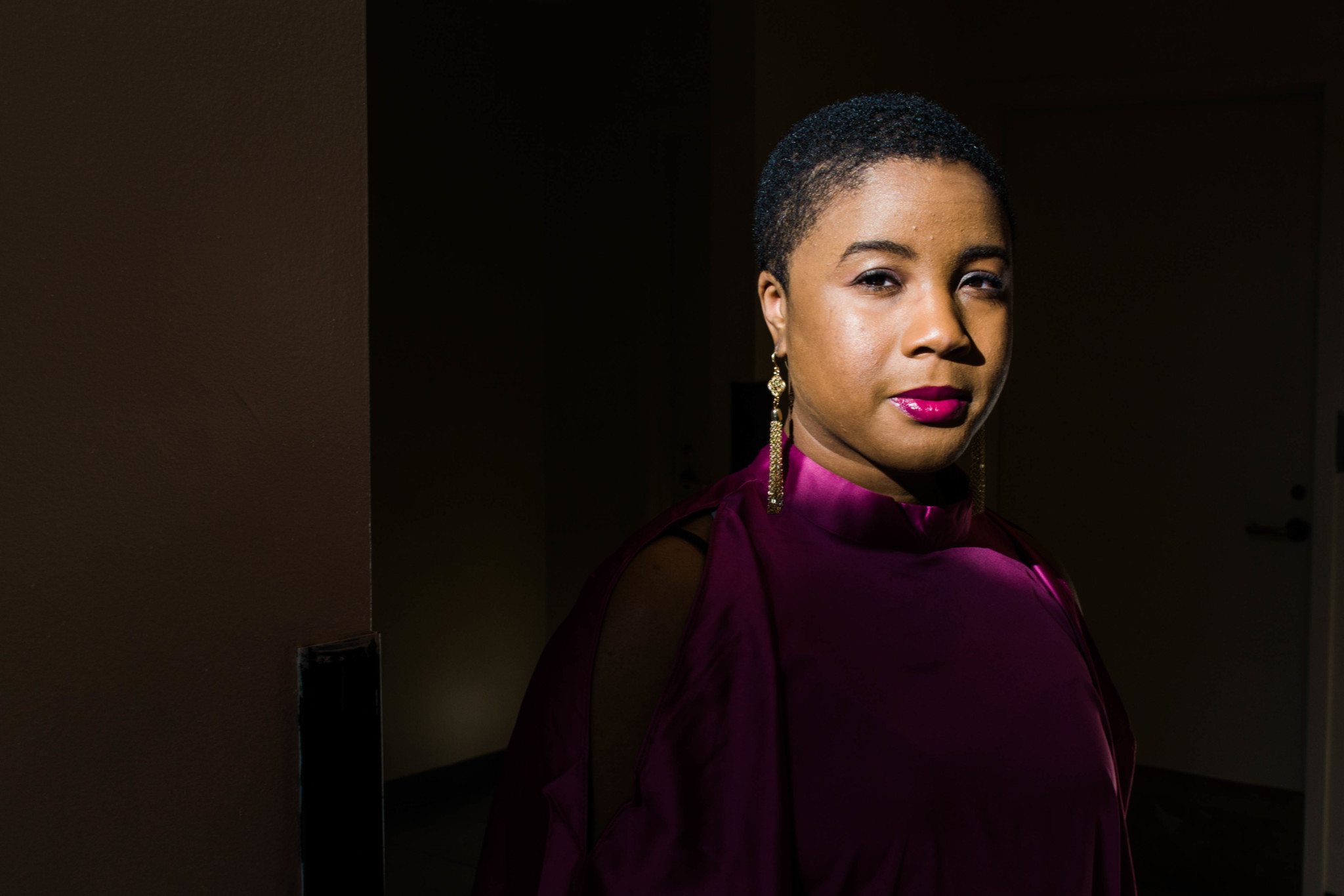A new day has come in the Black community by addressing mental wellness. From celebrities to everyday folks, people are speaking up and speaking out about the prevalence of mental health conditions in the Black community. The stigma of seeking mental wellness services is still an issue, but it is, at least, one that people are open to discuss. Black therapists are becoming more visible and accessible through online platforms and social media — which brings comfort to those seeking a Therapist who has a similar ethnic and cultural background. Even in my personal circles, people are deciding to go to therapy to address issues that they have carried all of their lives.
However, with all of the progress that I have witnessed over the past few years, there is still one issue that remains a serious barrier for Black folks accessing mental wellness care. And that barrier is being able to pay for services.
Not having affordable mental wellness services is something that I personally experienced. In 2017, I left my job for medical reasons. I was unemployed and without health insurance. I still needed to go see my mental wellness providers so I could stay on top of my mental well-being, especially since I was in the midst of the mental strain of being unemployed. My psychiatrist and therapist were very expensive to pay out of pocket. One session with my psychiatrist and therapist totaled $500. On top of that, my medication was $600.
Maintaining my mental wellness came at a hefty cost. Thankfully, my therapist allowed me to see her one time for free and I was able to get a discount off of my medicine by using GoodRx. However, I could not curb the cost of seeing my psychiatrist. I decided to move forward with seeing her because medicine is a very important part of maintaining my mental stability. After seeing her for one visit, I received a bill for $350. This was a problem I did not need at the time but my options were limited. Applying for Medicaid, getting approved, and finding another Psychiatrist would have taken at least one month — and I needed services immediately.
In this experience, I was in the shoes of thousands of Black folks who are low-income, uninsured, and being blocked from accessing quality mental wellness services — all because of cost. In addition to having this personal experience, I also encountered this issue in my practice as a social worker. I know all too well how the costs of mental wellness services prevent people from getting help sooner. The people I serve are interested in therapy, but can’t pay the average cost out of pocket for a session which ranges from $75-$150. Those who have private insurance have the best chance of getting quality mental wellness services. While those who are low-income have to pay out of pocket, or hope that they can find a therapist that accepts Medicaid.
Something does not sit well with me, as a social worker and a Black woman living with a mental health condition, that women like me experience barriers paying for vital mental wellness services. Most importantly, I am concerned that if Black therapists are not careful, they could repeat what happened in other communities where only middle and upper-income folks have the best access to mental wellness services.
These personal experiences ignited me to make my social work practice and business to center those most excluded by creating greater access through affordability. I made the move to make services available right in Black neighborhoods where public investments in services are minimal. Through my business, Sista Afya, I decided to take on this issue by offering low-cost mental wellness services on Chicago's south side, where there is a lack of resources and investment into the mental wellness care of Black women. By taking down the price of mental wellness services, I’ve been able to reach and serve young, Black women from all walks of life. Since Sista Afya launched in 2017, my team and I have serviced over 400 Black women through low-cost support groups, individual and group therapy, workshops, holistic healing events, and community-wide events, such as Black Mental Wellness Weekend and the Black Mental Wellness Expo. I’ve received a great response from people who have access to Sista Afya’s services. Some people are happy that they don’t have to go Downtown to get services. With others, they are happy that they are receiving services from women who look like them and are committed to improving their mental well-being.
I believe that by making mental wellness simple, accessible, affordable, and centered around Black women's experiences, more of us will get what we need to have a full, whole life. I strongly believe in what Fannie Lou Hamer said, "Nobody is free and until everybody is free." And that rings true for mental wellness. Our collective healing as a community is connected to the individual healing of those most impacted, and who are pushed to the margins. Freedom and self-actualization for our community are bound up with the need for healing to reach all of us. I envision a world where more Sista Afya’s exist. A world where people can fulfill their mental wellness needs and build self-sustaining mental wellness communities. While the first step was making this care accessible to all, this is how we can make it affordable for the collective.
To learn more about Sista Afya, please visit our website. In addition, to learn more about Camesha L. Jones and her story towards optimal mental wellness visit, please visit here.
Ready. Set. Boss. Our daily email is pouring out inspiration with the latest #BlackGirlBossUp moments, tips on hair, beauty and lifestyle to get you on track to a better you! Sign up today.
